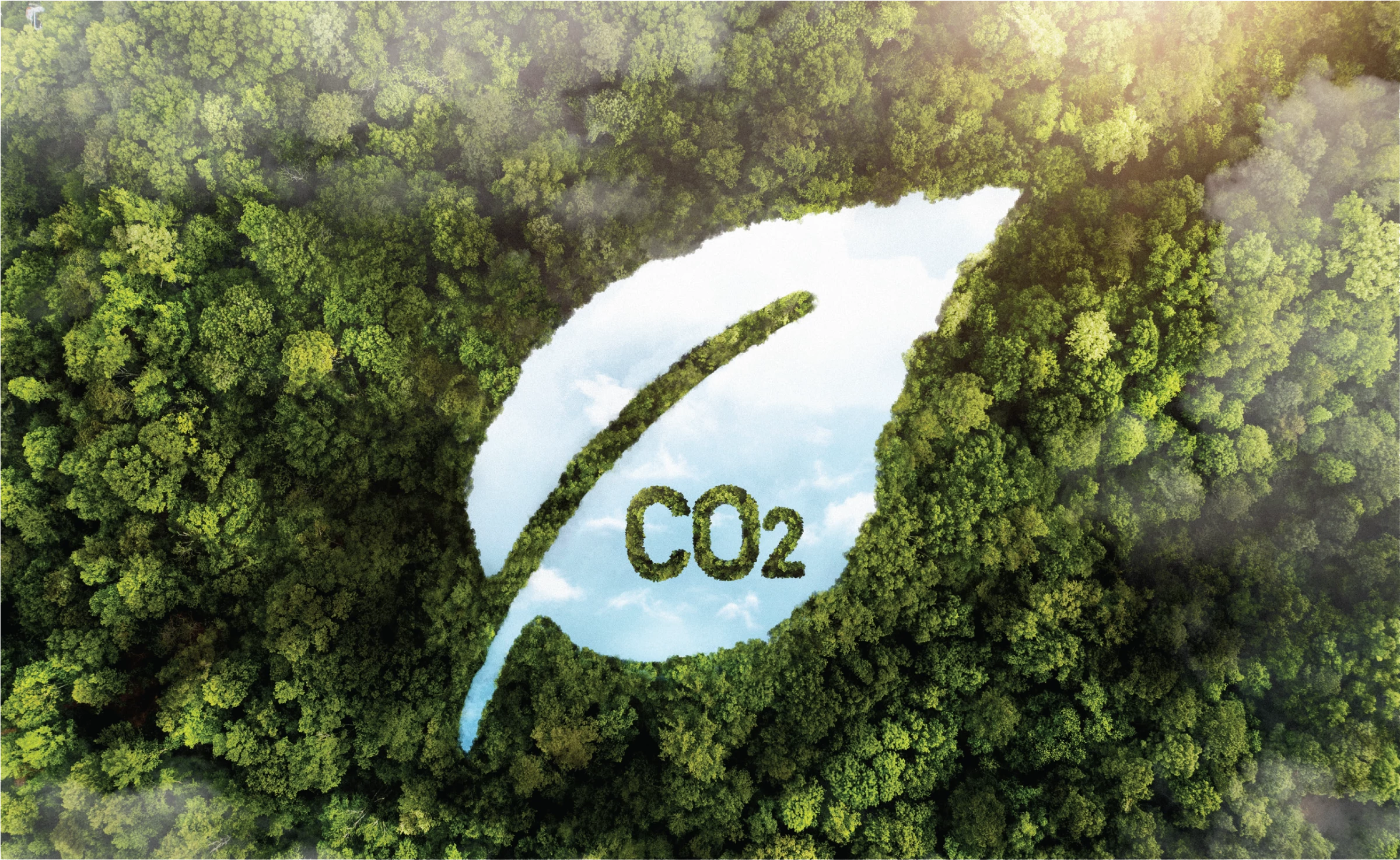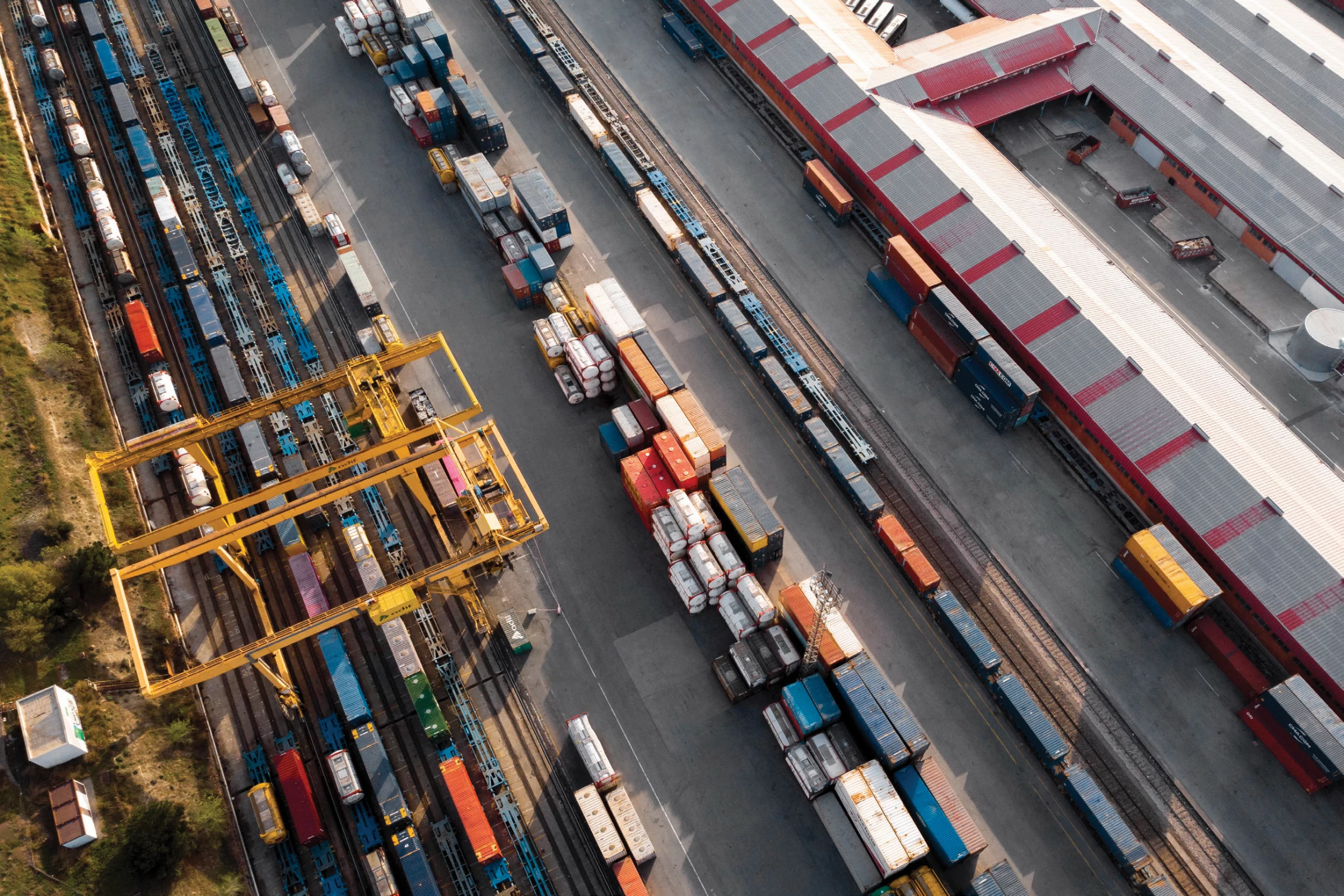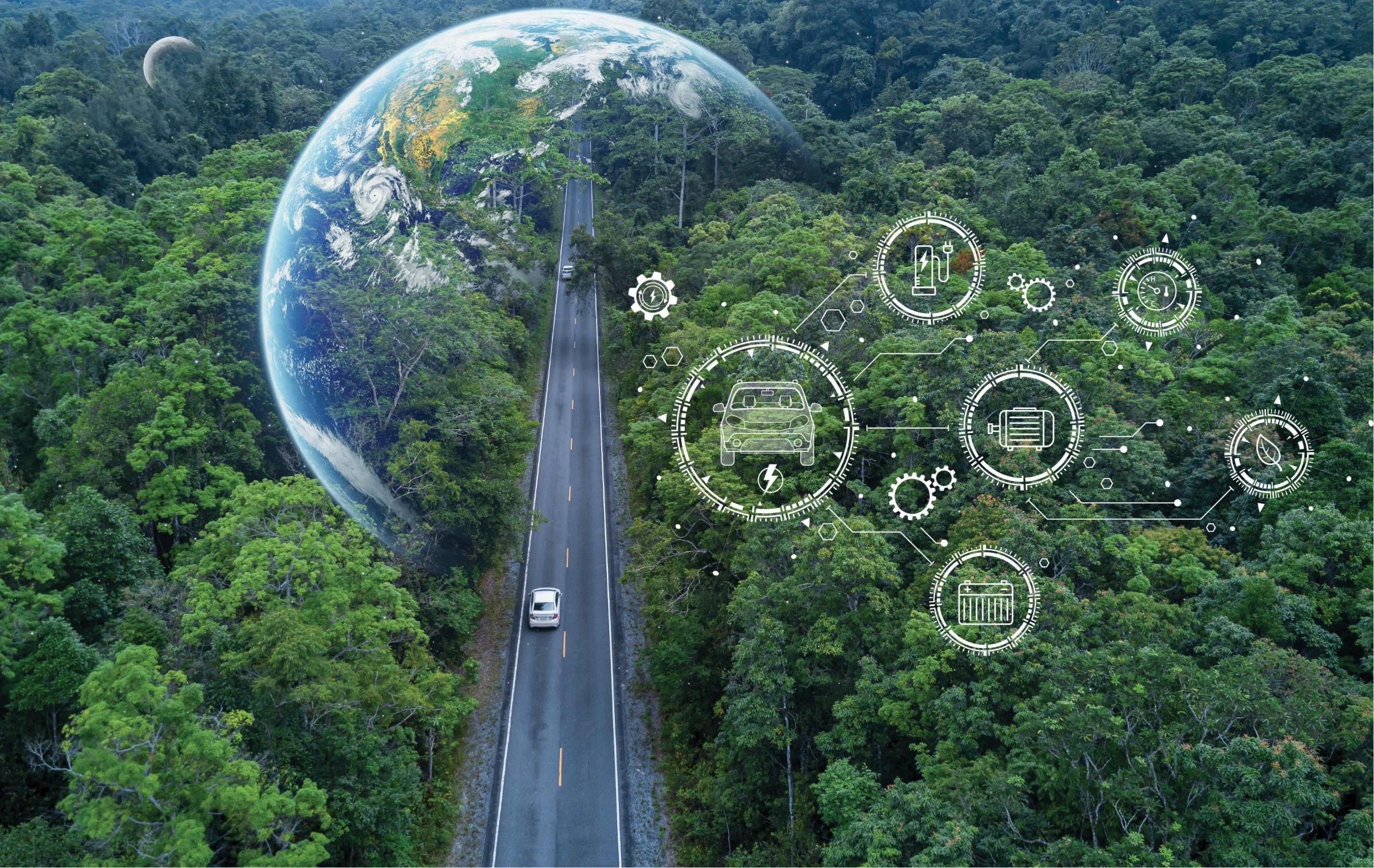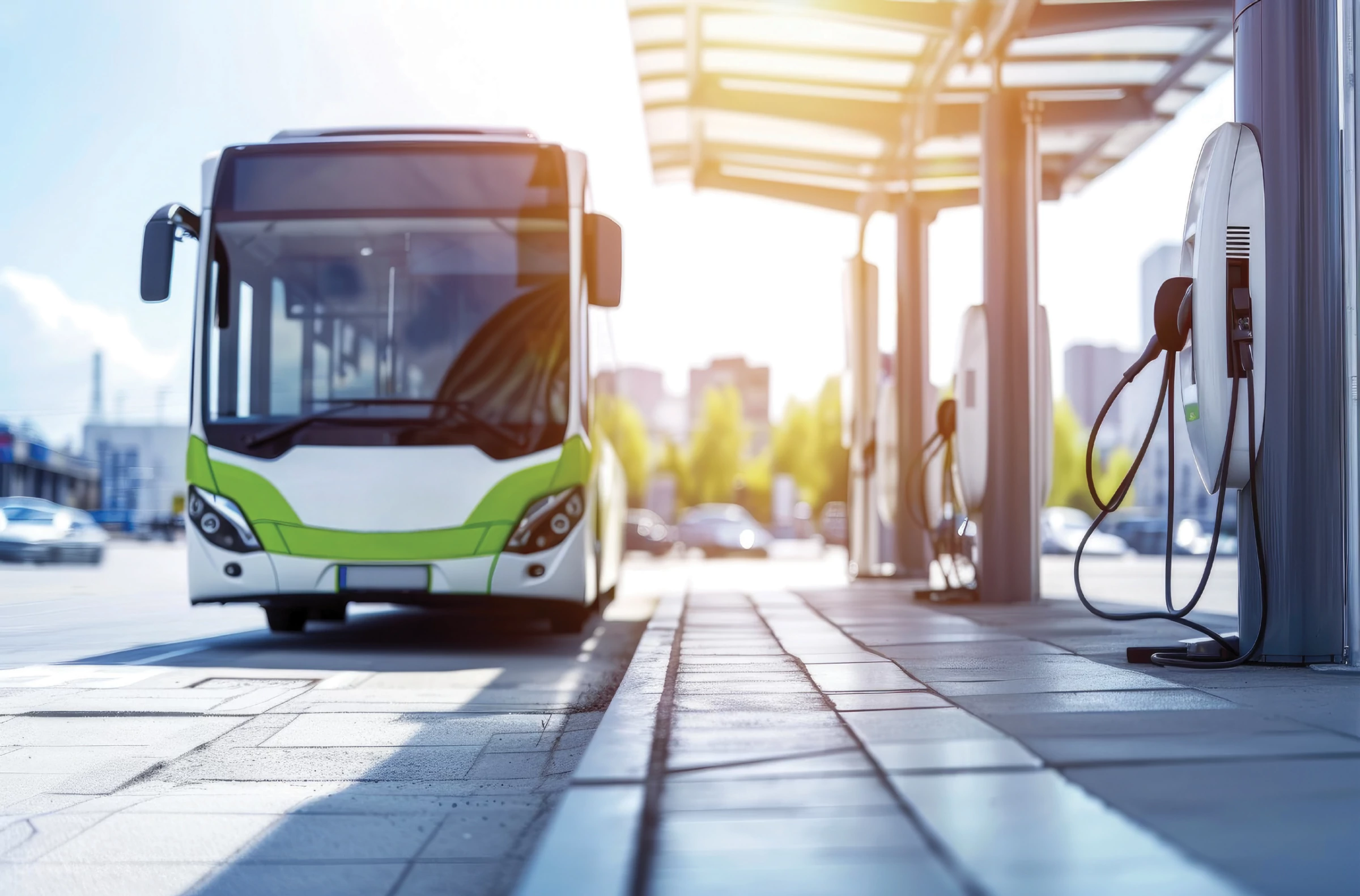Net Zero Emissions refers to balancing the amount of greenhouse gases (carbon emissions) released into the atmosphere with carbon offsetting and emission reduction methods to achieve a neutral state. Therefore, it does not imply the complete elimination of direct emissions but rather achieving a balance by offsetting the carbon dioxide emitted.
For this reason, the term is “net zero” rather than simply “zero.” Since the transportation sector has a significant share in greenhouse gas emissions, steps taken in this area will make substantial contributions to achieving net zero emission goals.
Moreover, the transportation sector is one of the areas that can provide the fastest and most effective solutions in reducing carbon emissions and supporting green transformation. Strategies such as promoting zero-emission vehicles (electric, hydrogen, etc.), encouraging public transportation systems and active mobility modes, and utilizing renewable energy are among the effective ways to reduce emissions in transportation.













